Adaptation and resistance
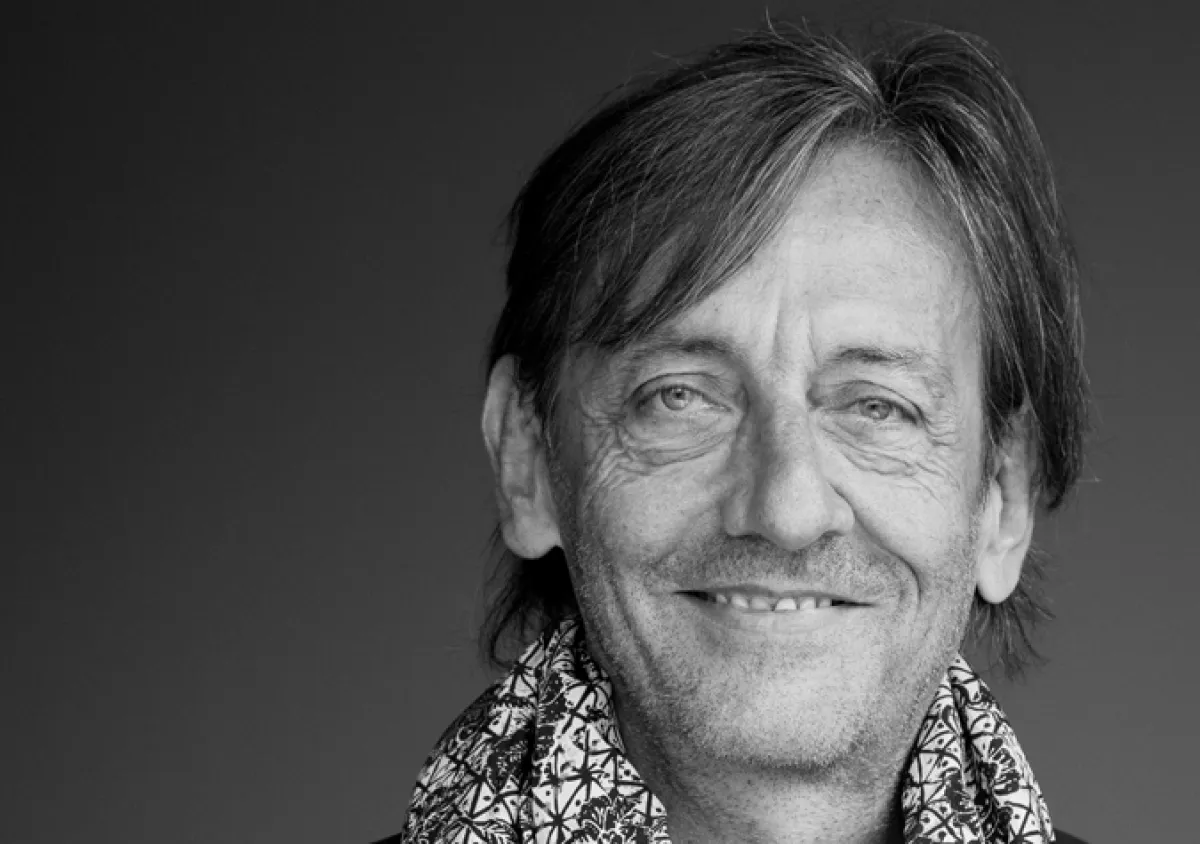
Rudolf Isler is an author, education expert, former lecturer and President of the Senate of the Zurich University of Teacher Education. Before that, he had many years of practical experience as a secondary and middle school teacher. Publications on historical and current issues of pedagogy, general didactics and teaching professions; focus on promoting the self-efficacy of children and young people. Biography of Manès Sperber from a pedagogical perspective and author and director of the documentary film Manès Sperber - ein treuer Ketzer.
A look back opens windows, gives us access to moments in time that show us how massive social pressure works - power play, adaptation, resistance. Three novels from the last century - Der Untertan, Sonnenfinsternis and Sansibar oder der letzte Grund - tell the lives of people who go with the flow, become afraid, lose their way ideologically, fight back, rebel, and finally give up. Rereading their stories is like searching for clues to the pressing questions of today; power and submission, freedom, morality and responsibility, but also powerlessness and defeat.
Der Untertan by Heinrich Mann was completed in 1914 and first published in 1918. In it, the author unfolds step by step the psychological portrait of a man in the German Empire. He is both submissive yet power-obsessed, a man in whom allegiance to the Kaiser and the fatherland is gradually building, and with that, a willingness to go to war for both. Diederich Hessling, as the hero is called, is prepared to die for his emperor. But he is not just a sacrificial subject. As humbly as he submits, he is also prepared to dominate others and make them suffer, without scruple.
As a child, the two sides of his nature begin to emerge. On the first page of the novel, we meet Diederich as a sickly boy, terrified of everything from gnomes to gigantic imaginary toads. But
more fearsome than gnomes and toads was his father, and what's more, he was supposed to love him. Diederich did love him. When he had filched snacks or lied, he would huddle by his father's desk, whining and fidgeting, until Herr Hessling noticed something and took the stick from the wall. [...]
 Suhrkamp Insel
Suhrkamp Insel
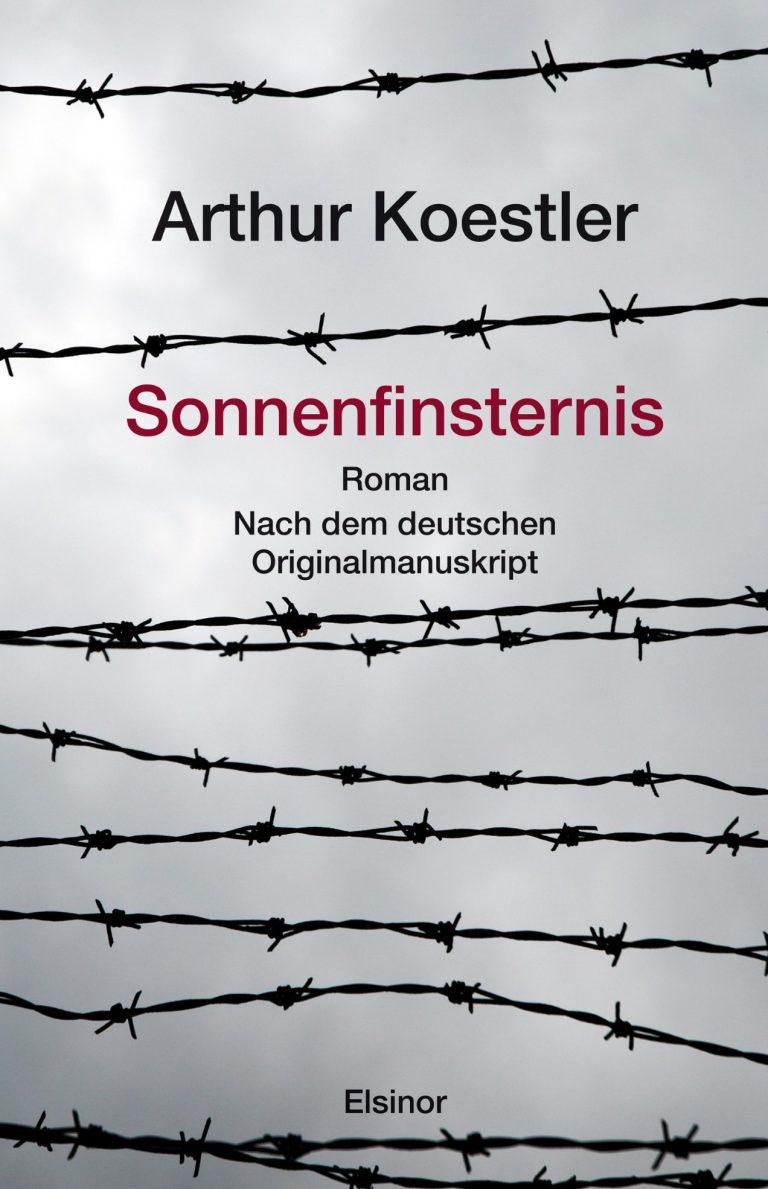 Elsinor
Elsinor
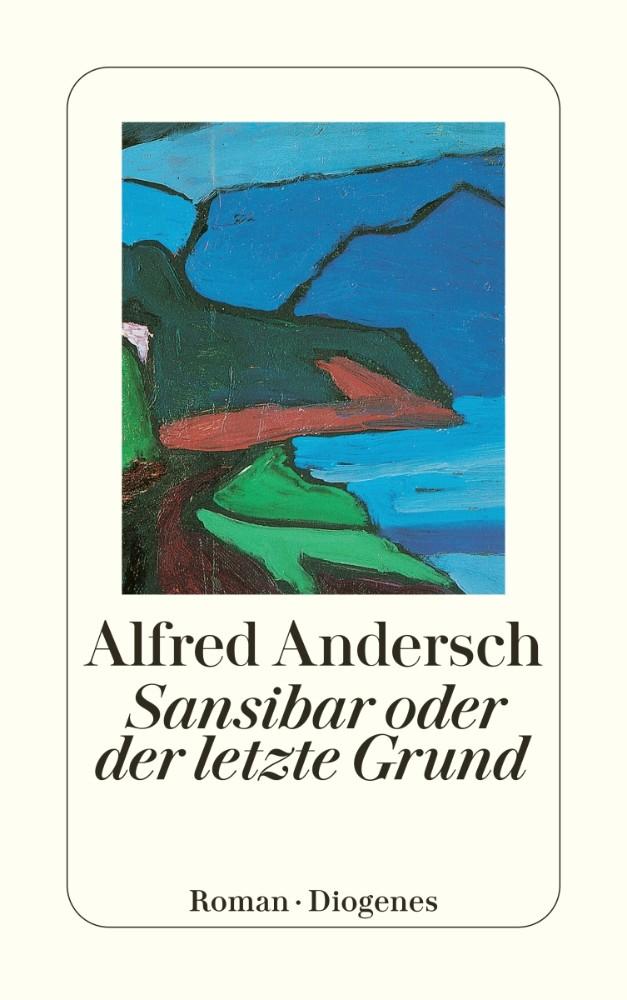 Diogenes
Diogenes
 Aufbau
Aufbau
 Aufbau
Aufbau
 Diogenes
Diogenes
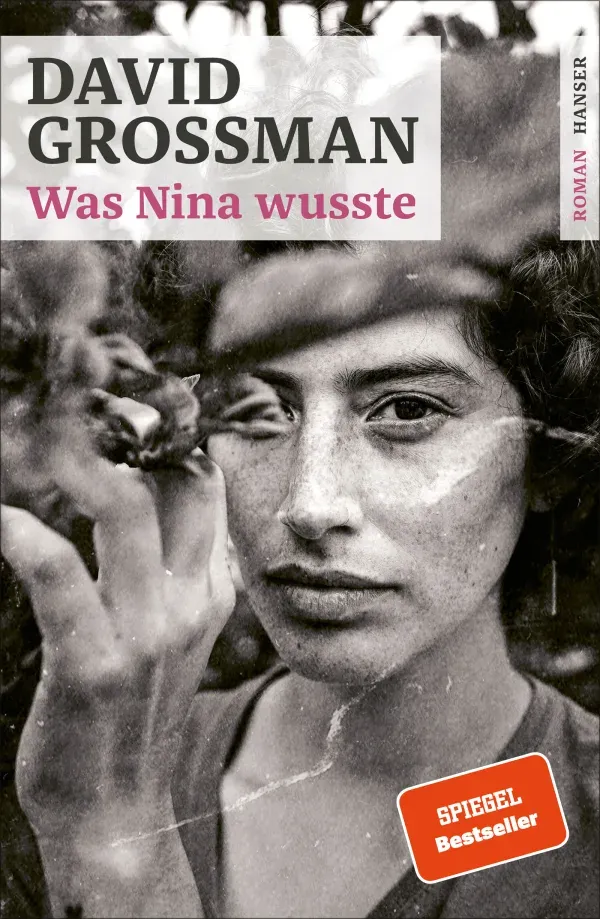 Hanser
Hanser
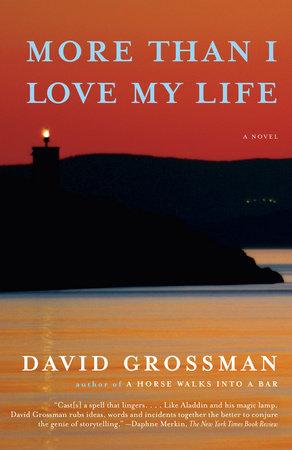 Penguin
Penguin
But immediately after being punished, as he walks past the in-house workshop and is ribbed by the workers, his face puffy with crying, he becomes cheeky, sticking his tongue out at them and shouting that they would be happy to receive a beating from his father, if they weren't too lowly for it. He moves between them like a capricious pasha; soon threatens to report to their father that they have taken beer, ...
Diederich Hessling becomes one of thousands upon thousands who, before the First World War, devotedly submit to imperial power and become its agents. In them, fear of power is intertwined with submissive affection. It is no coincidence that Heinrich Mann begins his novel with the protagonist's childhood: Diederich learns to fear his father's authority while retaining a childlike love and trust in him. In this way, he is mentally prepared to submit unconditionally to any authority, as if it were a way of meeting his affections. It is also no coincidence that Heinrich Mann gave the subtitle History of the Public Soul under Wilhelm II (unfortunately missing in more recent publications). The more you read, the more you feel as though the war is looming like a catastrophic storm over these people, made possible by their very mental state. And hovering over you is the thought that it's not only those in power who are at fault, but equally those who conferred power on them in the first place through their submission and homage.
Sonnenfinsternis by Arthur Koestler tells the fate of the man N. S. Rubashov (p. 20). The book was written in 1940, and quickly found a readership of half a million after being published in English, German and French after the Second World War. Rubashov is a fictional character composed, according to Koestler, of the fates of a number of men who were victims of the so-called 'Moscow Trials'. Some of them were personally known to the author. This book is dedicated to their memory. (p. 20)
The Moscow show trials of 1936-1938 were directed against the highest-ranking veteran officials of the Soviet Union, all members of the Central Committee of the Communist Party - most clearly recognisable in the novel's hero are Karl Radek and Nikolai Bukharin. They were all charged with ludicrous crimes that they had never committed, at the core of which, according to the indictment, was the murder of Stalin and the elimination of the communist regime. Whether they publicly confessed to these crimes or remained silent, as a few did, made no difference; they were all executed by firing squad.
At the beginning of the story, Rubashov is arrested. Before that, he dreams every night that henchmen are banging on his front door, come to take him away. One morning, however, the banging continues even though Rubashov has woken up, and he is indeed arrested. He is not surprised; he knows what is happening. In fact, at first he is almost reassured because at least it puts a stop to his tormented dreams. What is disturbing - and at the same time illuminating for the understanding of ideologically legitimised power - is the detailed description of three interrogation periods that now follow.
During the interrogations, Rubashov remembers situations in which he betrayed others simply because they had slight doubts about the political system. Increasingly, he admits to himself that he was no stranger to these doubts either. And for this very reason, he crumbles, loses his power to resist and concedes to the accusations without the need for physical violence: his belief in the Party's ideology remains so strong that he ultimately sees his own doubts about the correct Party line as a threat to the final triumph of communism. His decision to confess thus becomes a final service to the ideals of the revolution - just as his accuser claims:
Everything depends on the Party being united within itself, more than ever. It must be of a single entity - filled with blind discipline, absolute trust. You and your party colleagues, citizen Rubashov, have caused a rift in the party. If your remorse is genuine, then you must now help us heal the rift. I have already told you that this is the last service the Party requires of you. (p. 210)
The ending is predictable - Rubashov pleads guilty. And at the very end, he hears another bang, but this time it is the gunshot that will end his life.
It was on the basis of Koestler's novel that the so-called Rubashov hypothesis arose: the assumption that the confessions of those convicted in the Moscow trials were obtained without physical torture. Historical research has disproved this. Nevertheless, Koestler's story remains one of the most haunting literary testimonies to the impact of ideologies. Because of their almost religious power, Manès Sperber, a friend and companion of Koestler, described modern ideologies as secular mysticisms. Belief in them clouds minds and hinders critical thinking, even in the present day.
Sansibar oder der letzte Grund by Alfred Andersch is the best-known of the three stories. It was popular school reading for decades after its publication in 1957 and is still familiar to many today. For this reason, we will only touch on the core of the story here and highlight its growing and encouraging topicality.
During the time of the National Socialists, who are not explicitly named in the novel but only referred to as the others, five very different people meet in a small port on the Baltic - a communist fisherman; a Jewish woman wanting to flee Germany; an adolescent youth wanting to escape the confines of his world and hoping to reach Zanzibar; a priest wishing to protect the wooden figure of a reading monk from the Nazis; finally Gregor, a communist functionary who has doubts about the party. All are united by the motive of escape.
The moving thing about the story is how, despite their inner turmoil and struggles with themselves, each of the characters is prepared, in their own way and with varying degrees of risk, to seize the opportunity to defend themselves against state terror, to stand up for freedom and to help others. Sansibar is an example of how resistance against totalitarian rule is possible, a book that ultimately inspires more courage than fear. Sansibar is unique, also as a literary composition, but it does not stand alone. It belongs in a series of many, such as Das siebte Kreuz by Anna Seghers from 1942 or Jeder stirbt für sich allein by Hans Fallada, written at the end of 1946. They all tell stories of resistance that are becoming more timeless with every passing era.
Of course, we all know that the human world has never been perfect, nor will it be in the near future. There have been brighter periods, but today many are deeply worried, fearing that authoritarianism will take over, that dictatorship and war will destroy what humanity has striven to create through laborious and painful movements in history. And so many people no longer like the news - in order to protect themselves, almost like the protagonist in Dürrenmatt's terrifyingly gruesome short story Der Tunnel:
A twenty-four-year-old, fat, to keep the horror behind the scenes that he saw (this was his ability, perhaps his only one) from getting too close to him, who loved to plug up the holes in his flesh, since it was precisely through them that the monstrous could pour in, to such an extent that he smoked cigars (Ormond Brasil 10) and wore a second pair of glasses over his own - sunglasses - and balls of cotton wool in his ears ...
However, at the end of the story, as the train apparently plunges into a tunnel and hurtles precipitously towards the bowels of the earth, the young man's eyes are wide open for the first time and the cotton wool blown from his ears by the rushing air. With no perspective and no power to act, he now faces the horror with a ghostly serenity.
But we don't have to freeze in the face of evil, even if we go through life with our eyes open. There is literature. It can inspire, provide comfort, strengthen us - and even move us to action. Rereading great political stories from the last hundred years can contribute to a more nuanced orientation., a more comprehensive understanding of what is happening today. While history does not repeat itself, there are incredibly lucid literary texts that broaden our imagination and horizons as we try to assess the present. And they also show how we can take action to confront the darkness, should it come any closer. Yes, literature can even justify a sceptical optimism.
The reason for my journey into the past was a book by David Grossmann: Was Nina wusste. A magnificent literary construction spanning three generations of a family living in Israel: on the grandmother's 90th birthday, the granddaughter decides to make a film about her. During the course of the filming, the reader learns how the grandmother's traumatic experiences of political persecution in Tito's Yugoslavia became injuries to her daughter, which the daughter in turn unintentionally passed on to the granddaughter. The past reverberates across generations. And at the same time, it creates access to the present.
+++
Did you enjoy this text? If so, please support our work by making a one-off donation via PayPal, or by taking out a monthly or annual subscription.
Want to make sure you never miss an article from Literatur.Review again? Sign up for our newsletter here.
Literature (German)
Heinrich Mann – Der Untertan. Berlin: Suhrkamp Insel 2021. Completed in 1914, first published in 1918.
Arthur Koestler – Sonnenfinsternis. Coesfeld: Elsinor 2017. Completed in 1940, new edition based on the rediscovered original German manuscript.
Alfred Andersch – Sansibar oder der letzte Grund. Zurich: Diogenes 1970. First published: 1957.
Anna Seghers – Das siebte Kreuz. Berlin: Aufbau 2018. First published in 1942.
Hans Fallada – Jeder stirbt für sich allein. Berlin: Aufbau Taschenbuch 2012. First published in 1947
Friedrich Dürrenmatt – Der Tunnel. Zurich: Diogenes 2021. First published in 1952, new version 1978.
David Grossmann – Was Nina wusste. Munich: Carl Hanser 2020.
Literature (English)
David Grossman – More Than I Love My Life. New York: Penguin Random House 2022.



